Tashkent, Uzbekistan (UzDaily.com) -- In order to familiarize the general public with the work on the development of drip irrigation, the EU Delegation to Uzbekistan and the Ferghana Valley Water Resources Management - Phase II project organized a press tour on 23-24 November for representatives of television, print and electronic media to demonstration sites located in Andijan and Ferghana regions.
During the media tour, media representatives were presented with the best practices for the efficient use of water and land resources in the agricultural sector. As it turned out, in addition to solving the most important problem - water conservation, they have a number of other advantages and economic benefits.
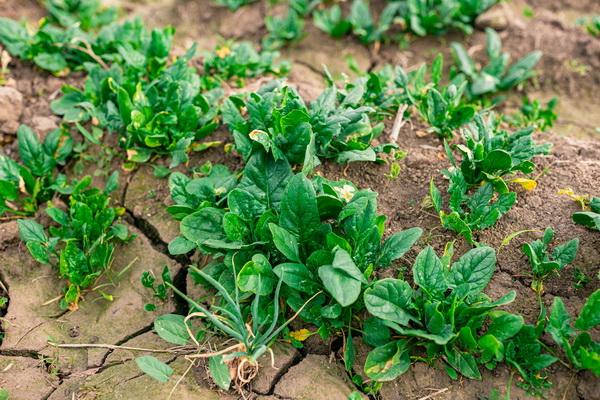
Climate change is one of the modern challenges of the present time, including in our republic. Frequently unpredictable weather conditions not only threaten food production, but also increase the risk of natural disasters.
One of the key conditions for obtaining a high yield and good marketability of fruits in vegetable growing is sufficient moisture. But weather conditions do not always provide the required amount of precipitation. Many gardeners and farmers solve this problem by connecting a drip irrigation system. It is much more practical and convenient than manual watering; it allows you to provide moisture to large areas with minimal human effort.
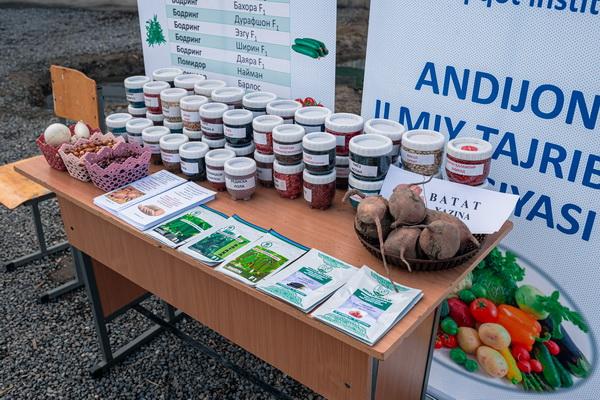
Irrigated agriculture in Uzbekistan accounts for more than 90% of all water withdrawals from the region’s river basins, and due to the need to ensure food and energy security, these water needs will increase. This makes improving water management in agriculture a major challenge for Uzbekistan.
Watering in the root zone
This method is the most effective and least traumatic for plants. For example, if you use sprinkling, then in the heat the drops may cause burns on the leaves. In addition, evaporation of moisture from a large area will lead to steaming of plants, which can cause rot.
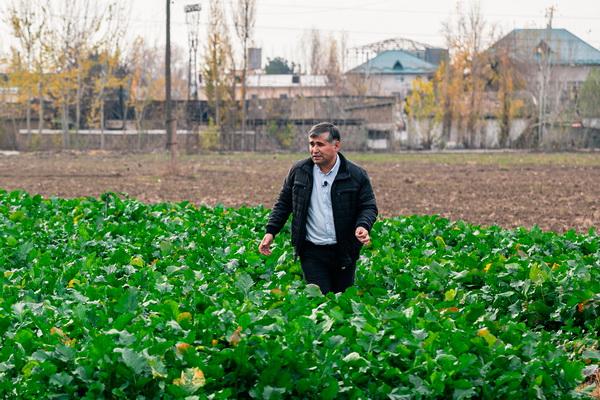
Saving water
An important principle of operation of drip irrigation systems is the supply of moisture in small doses. Thus, it saves money, which is especially important if you have to connect to a central water supply and have a meter at home.
Increased yield
When discussing the advantages of using drip irrigation, one cannot fail to mention the increased profitability of growing crops. With sufficient moisture, the yield increases 2-3 times, and the quality of the fruit also improves, the plants bear fruit longer.
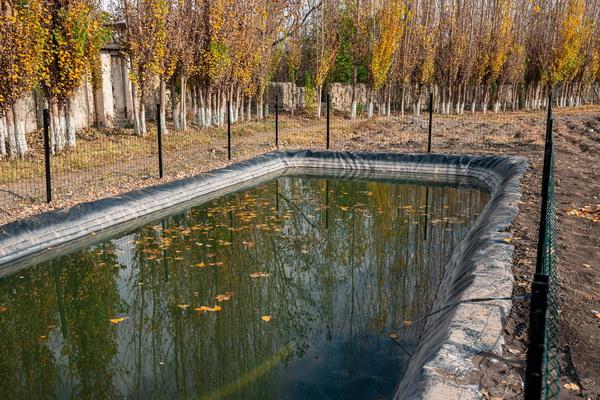
To summarize, drip irrigation is an opportunity to ensure a high yield, regardless of weather conditions, even in drought. The use of technology significantly simplifies the care of beds for both amateur vegetable growers and farmers, and also allows them to save their own effort and money on watering.
“Effective governance, transition to a green economy, building strong knowledge systems and innovation are fundamental aspects of good water and land management. The issue of efficient use of natural resources is very pressing. Representatives of agriculture and water management must solve it through cooperation and dialogue, which is what is happening during today’s debate. We hope that such events will encourage future farmers to find and create new innovative methods for solving water and land problems in Uzbekistan,” said Alexander Zenebe, program manager of the EU Delegation in Uzbekistan.
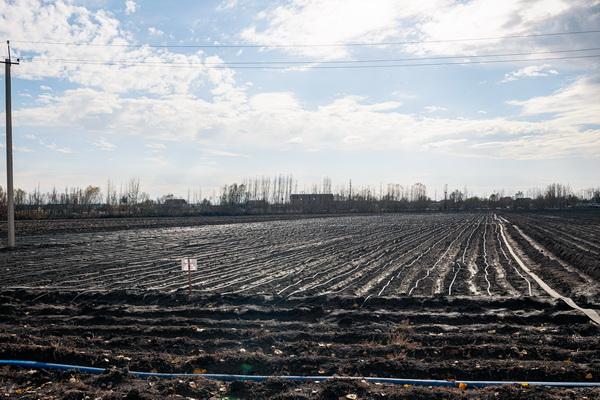
The installed irrigation systems will serve as an example of replication among farmers; in continuation of these activities, trainings are planned for farmers on the use of agroclimatic information, preparedness for various hydroclimatic phenomena, and effective approaches to irrigation in a region with low humidity. As part of the implemented projects in these areas, various seminars and trainings were held. By October 2023, 1,782 people took part in trainings and seminars, including 625 women (35%). About 2,899 farmers and dehkans, agricultural specialists, representatives of regional universities and colleges, and plant protection organizations took part in the seminars on agricultural topics. In total, by October 2023, 286 farm field schools were held for 4,422 beneficiaries, including 741 women,” explained I. Rudenko.
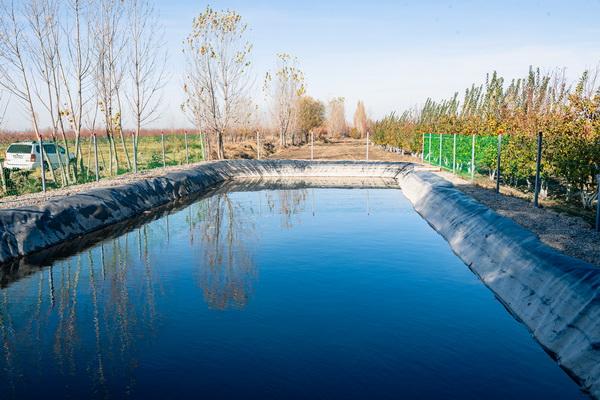
One example is a drip irrigation plot on the Yaylanpa farm, Andijan region, installed for farmer M. Komilov. Since last year, the farmer has been using a drip irrigation system on two hectares of his land and plans have already emerged to expand the land plot using drip irrigation systems, since the positive effect of using drip irrigation systems has become clear, the yield has increased by 10-15% per season, with thereby preserving soil fertility and reducing the need for water by up to 50%.
Another private farm, Novkentlik Limon Mirishkori, successfully saved 45% of water using a drip irrigation system. As a result, labor productivity on the farm has increased, and the quality of grown fruits has improved by at least 20-30%.
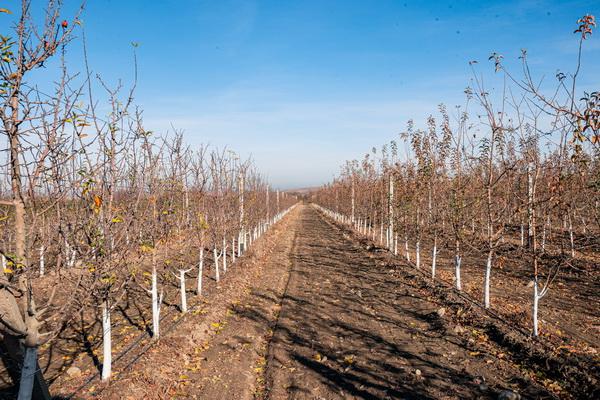
Farmers, agricultural specialists, dekhkans and women from two demonstration sites - the “Research Institute of Vegetable Growing, Melons and Potatoes” and the Norin-Karadarya Basin Irrigation Systems Administration in Andijan - took part in 30 practical and theoretical seminars on 10 training modules to improve their knowledge in the field of agriculture and water management.
“We recently started using this system. It’s simple and convenient. Water 1-2 times a week. In addition, sprinkling moistens the soil not only in the root zone, but throughout the entire area, including passages, driveways, etc., which entails difficulties with cultivating areas in the periods after irrigation and stimulates the growth of weeds. I would like to thank the European Union project for this support,” noted farmer A. Ergashev, Kupaysinobod farm, Ferghana.
.jpg)
As part of the project, the Kupaysinobod private farm, through the construction and operation of drip irrigation technology, saved 40% of water and 50% of mineral fertilizers through fertigation. In addition, a water intake and distribution station were built to reduce water losses. Based on the knowledge and skills acquired during organized trainings and seminars, farmers and dehkans improved the quality of grown fruits and vegetables and increased yields by 35%.
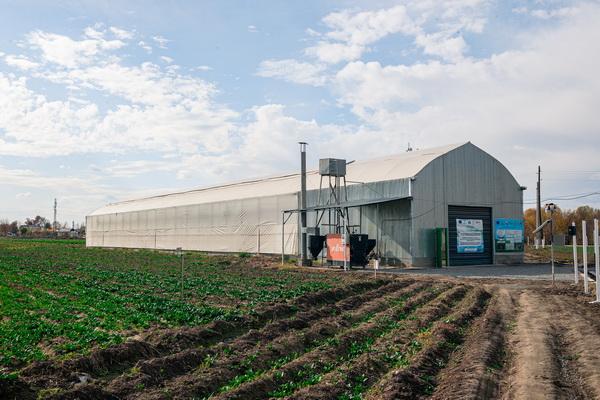
During the press tour, experts and farmers spoke from their experience about the possibilities of using purified wastewater to irrigate crops and landscapes, about existing requirements for the quality of purified water, restrictions and certificates for the right to irrigate relevant crops, and presented an environmental approach to water reuse in greenhouses.